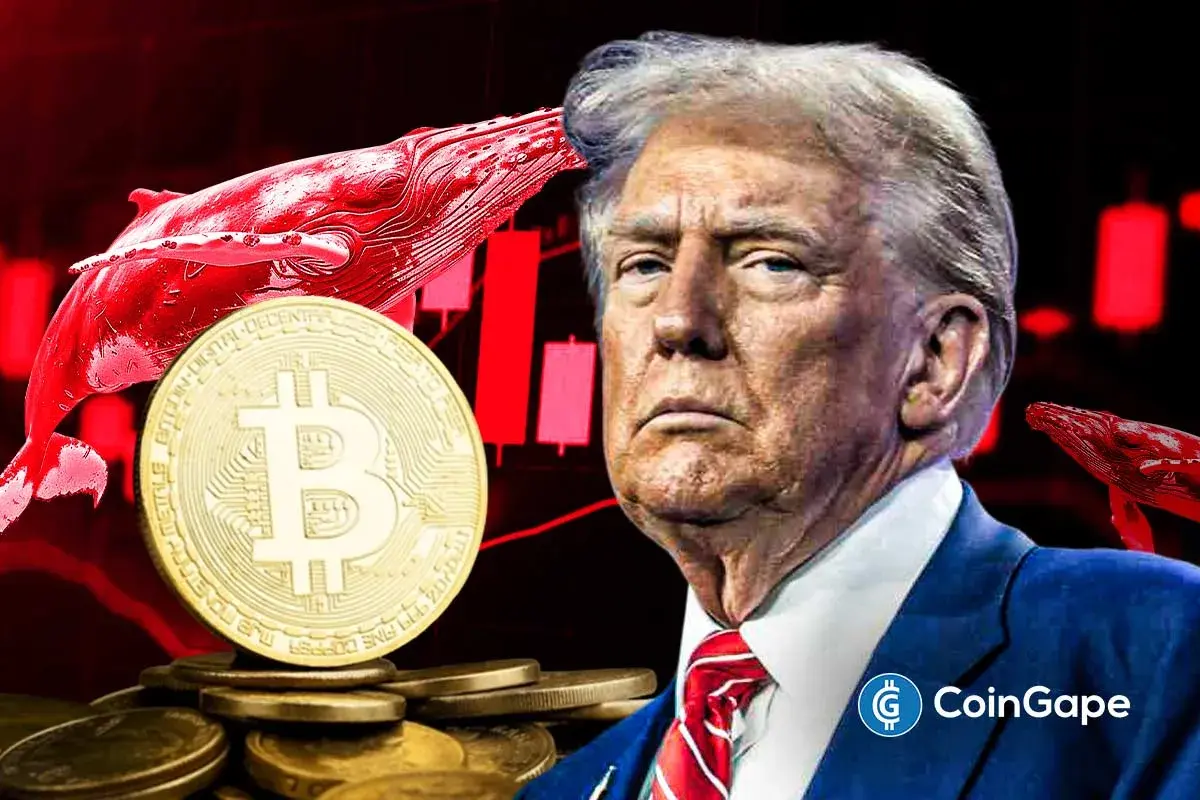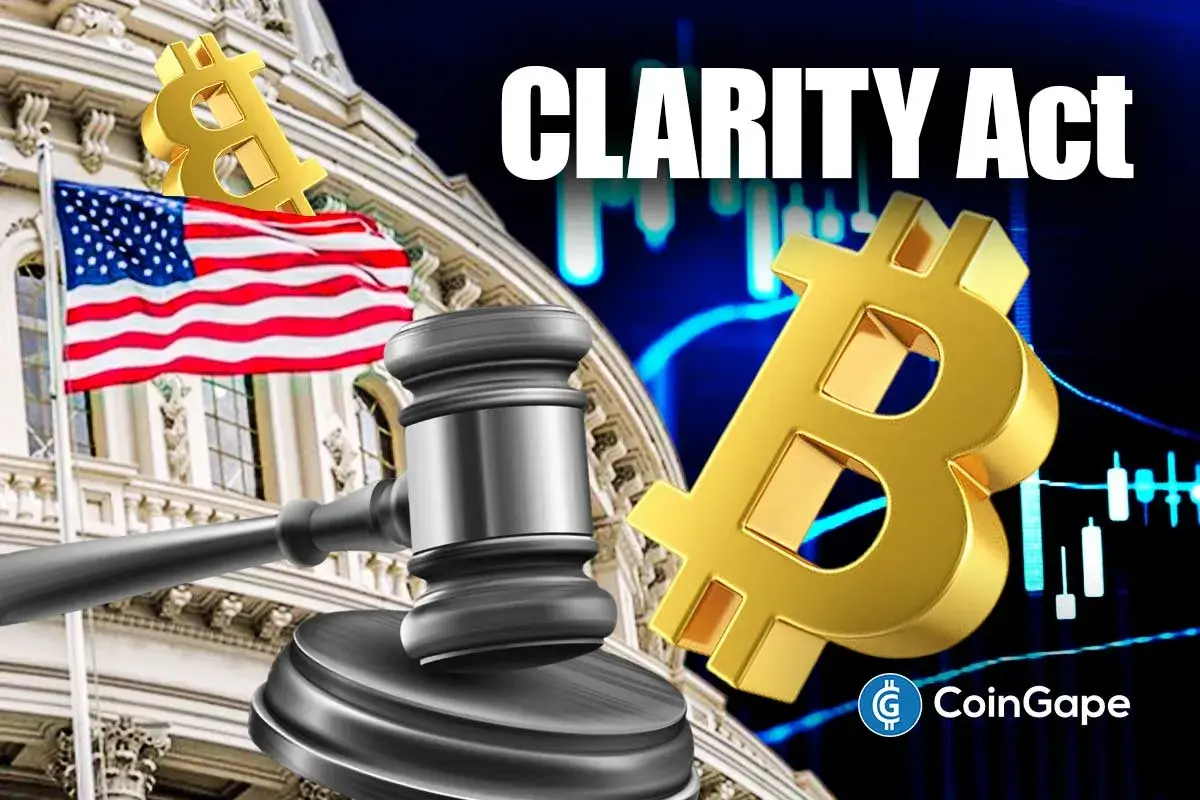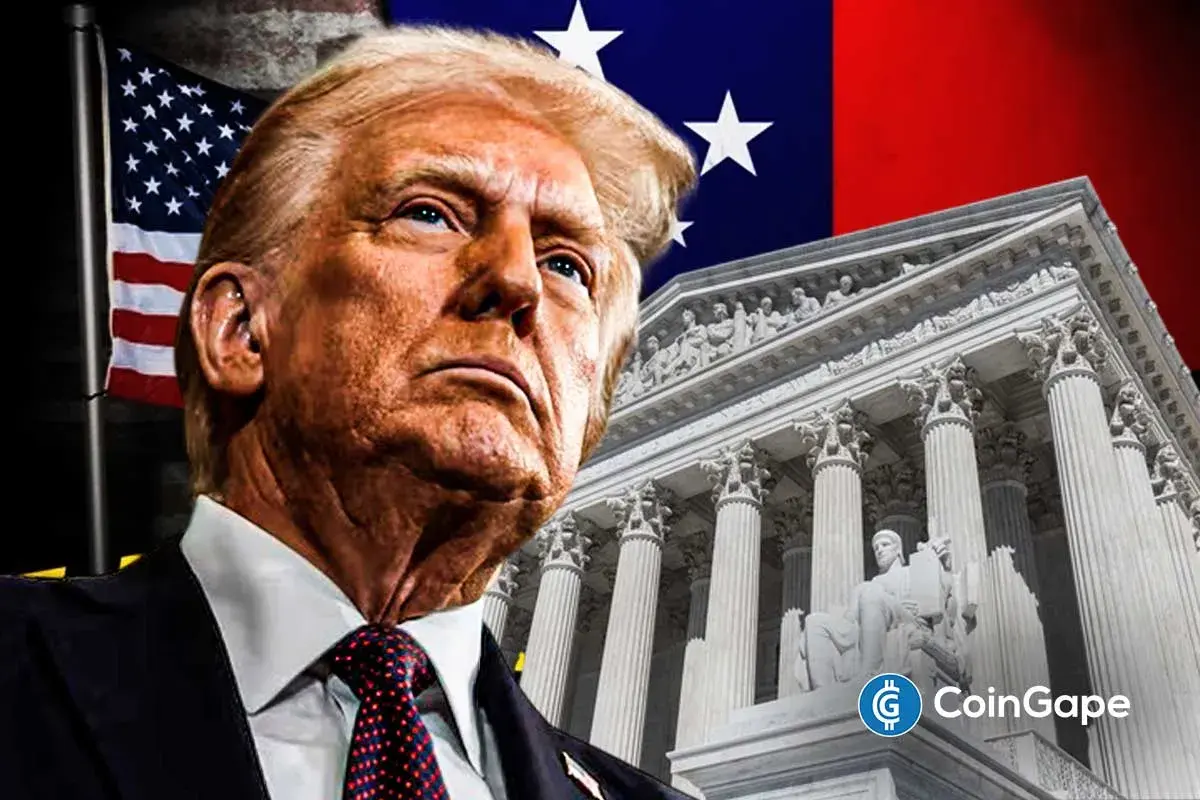US CFTC Releases Report on DeFi Citing Regulatory Concerns

The Commodity Futures Trading Commission’s (CFTC) Digital Assets and Blockchain Technology Subcommittee has unveiled a detailed report titled “Decentralized Finance.”
The report, released with the sponsorship of CFTC Commissioner Christy Goldsmith Romero, aims to shed light on the emerging issues surrounding digital assets, particularly within the decentralized finance (DeFi) space.
CFTC Commissioner Emphasizes Need for In-Depth Study on DeFi
CFTC Commissioner Romero emphasized the necessity of thoroughly studying digital asset-related matters to prevent unintended harmful consequences. The report, further intends to inform ongoing policy discussions at the U.S. Congress, state legislatures, and regulatory bodies, including the CFTC.
Key findings of the report highlight that the benefits and risks of DeFi are intricately tied to the design and features of specific systems. Notably, it emphasizes that most DeFi systems operate on a spectrum, falling between complete centralization and decentralization.
In April, the Department of Treasury also issued a report addressing illicit finance risks in DeFi, recommending increased engagement between federal regulators and industry stakeholders. The newly released report from the CFTC reflects the initiation of such engagement, marking a significant step in addressing the challenges associated with the rapidly evolving DeFi ecosystem.
Report Highlights Concerns Over AML/CFT Protections in DeFi Ecosystem
One central concern outlined in the report pertains to the lack of clear lines of responsibility and accountability within DeFi systems. This ambiguity poses potential risks to consumers, investors, financial stability, market integrity, and illicit finance. The report advocates for timely collaboration between government and industry stakeholders to enhance understanding and address these concerns.
Given the ongoing exploits of DeFi and its susceptibility to illicit activities due to the absence of Anti-Money Laundering/Combating the Financing of Terrorism (AML/CFT) protections, the report recommends specific actions.
Policymakers also need to take a holistic approach, assessing the collection of identity information in DeFi systems and identifying compliance and requirement gaps, says CFTC. The report suggests evaluating options for regulating and imposing requirements for identity information discoverability and verification across different layers of the DeFi ecosystem.
Additionally, the CFTC report emphasizes the need for a collaborative effort between regulatory bodies and industry participants to better understand DeFi, its risks, and potential solutions. As DeFi remains a focal point for illicit finance risks, cyber hacks, and theft, policymakers need to engage in a comprehensive dialogue to address these challenges and foster a more secure and regulated DeFi landscape.
- Robert Kiyosaki Reveals Why He Bought Bitcoin at $67K?
- XRP News: Ripple Partner SBI Reveals On-Chain Bonds That Pay Investors in XRP
- BitMine Ethereum Purchase: Tom Lee Doubles Down on ETH With $34.7M Fresh Buy
- BlackRock Buys $65M in Bitcoin as U.S. Crypto Bill Odds Passage Surge
- Bitcoin Sell-Off Ahead? Garett Jin Moves $760M BTC to Binance Amid Trump’s New Tariffs
- Ethereum Price Rises After SCOTUS Ruling: Here’s Why a Drop to $1,500 is Possible
- Will Pi Network Price See a Surge After the Mainnet Launch Anniversary?
- Bitcoin and XRP Price Prediction As White House Sets March 1st Deadline to Advance Clarity Act
- Top 3 Price Predictions Feb 2026 for Solana, Bitcoin, Pi Network as Odds of Trump Attacking Iran Rise
- Cardano Price Prediction Feb 2026 as Coinbase Accepts ADA as Loan Collateral
- Ripple Prediction: Will Arizona XRP Reserve Boost Price?


















